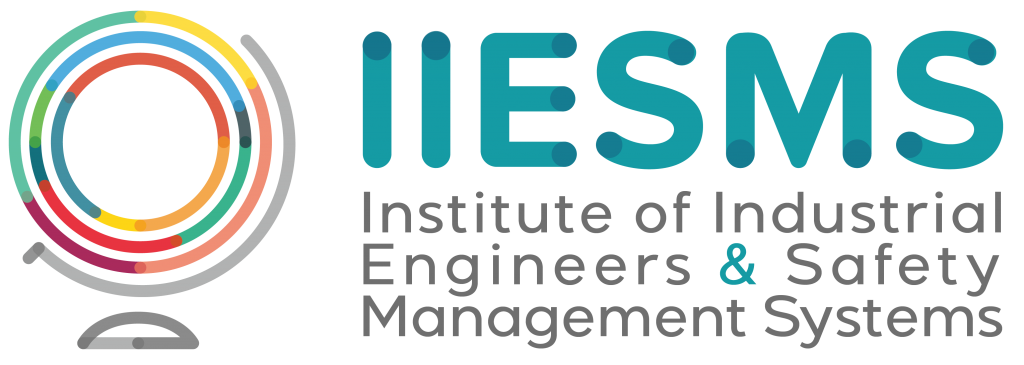Industrial Engineering Specialist (IES.IIESMS)
Overview
The Industrial Engineering Specialist (IES.IIESMS) credential from the Institute of Industrial Engineers and Safety Management Systems (IIESMS) recognises your seniority in industrial engineering and provides a gateway to more complex and rewarding projects. It’s designed for individuals focused on process optimisation, system improvements, and operational efficiency and offers professional development opportunities.
Educational Qualification
- Typically, a recognised engineering qualification, such as a National Certificate or Level 7 qualification on the Irish National Framework of Qualifications (NFQ) or an equivalent.
- A primary degree in engineering accredited by IIESMS or
- An equivalent qualification recognised by IIESMS.
Professional Experience
- At least three years of relevant professional experience after achieving their qualification.
- Experience should demonstrate the application of industrial engineering knowledge and skills in a practical context, including hands-on experience in designing, developing, and optimising industrial processes and systems.
Competence and Commitment
- Demonstrating a sound understanding of industrial engineering principles and the ability to apply them effectively in practice.
- Evidence of using technical and practical skills to solve engineering problems related to industrial systems.
- Ability to communicate technical information effectively to colleagues, clients, and stakeholders.
Professional Conduct
As a certified member, you are expected to adhere to the highest professional and ethical standards of IIESMS. This includes exhibiting accountability for projects, upholding sustainable engineering values, and demonstrating a steadfast commitment to operational efficiency and occupational health and safety. These standards are not just guidelines but a reflection of the integrity and professionalism that IIESMS stands for.
Continuing Professional Development (CPD)
Certified Members must commit to ongoing learning and professional development to keep their skills and knowledge current. This includes actively engaging in CPD activities and maintaining an updated CPD record to ensure their status and expertise remain relevant.
Application Process
Candidates must submit a detailed application providing evidence of their qualifications, professional experience, and demonstration of competence. This process includes:
Flexibility and Waivers
The National Council has the authority to waive the degree requirement if an applicant has sufficient professional experience and meets the requirements of a competent person as defined within Irish legislation.
Professional Review
Review of submitted documentation and, in some cases, an interview to assess the candidate’s competencies and commitment to the profession.
Achieving the IES.IIESMS certification marks a significant milestone in a professional’s career. It offers recognition and credibility, providing exciting opportunities for career advancement within the field of industrial engineering. Certified Industrial Engineering Specialists are essential in ensuring the operational efficiency and sustainability of industrial systems, using their technical expertise to implement and maintain effective measures across various specialised areas. This certification is ideal for those looking to advance their careers while contributing to the safety, efficiency, and sustainability of their engineering projects.
